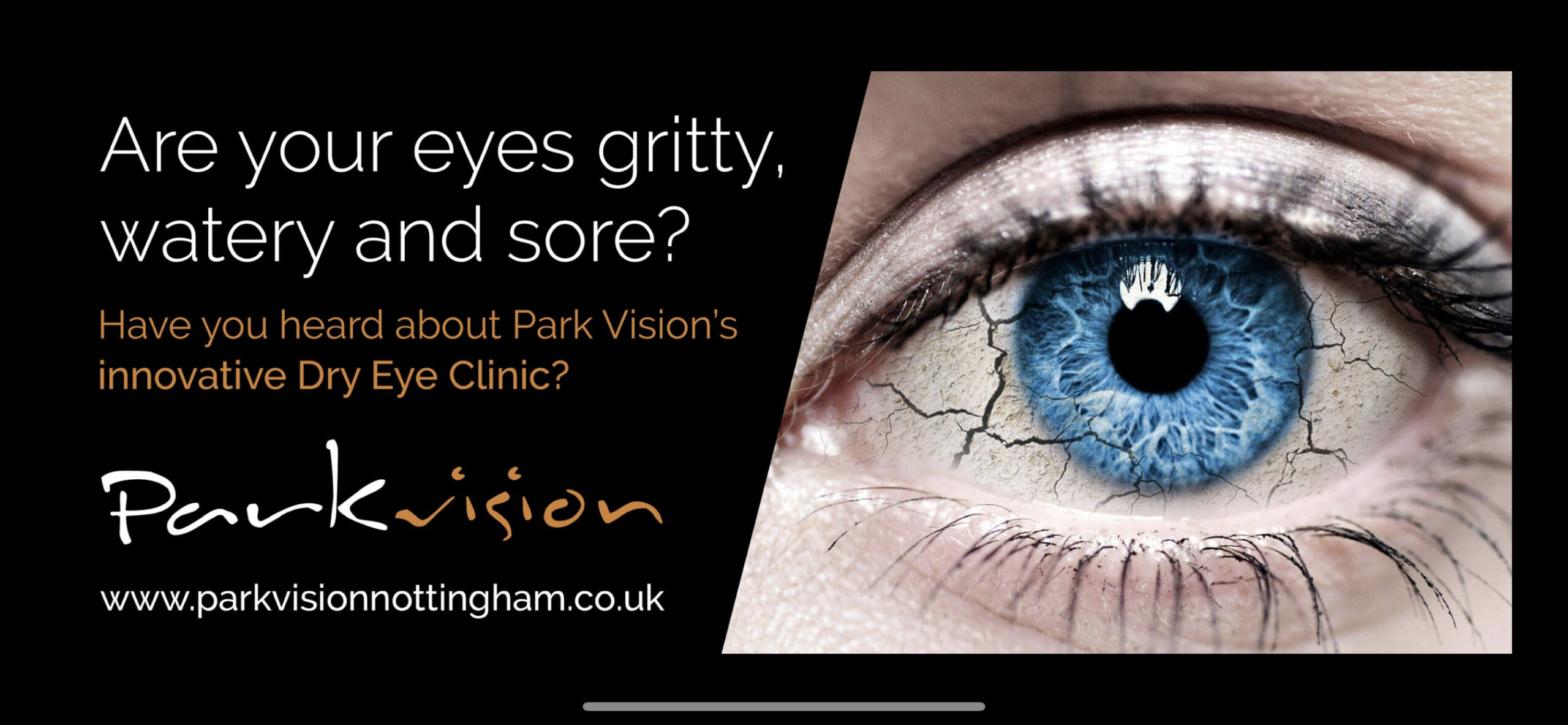Category: Eye health
Not a Dry Eye in the house…
As the nights draw in and we approach the colder months with speed it begins to trigger added troubles to our eyes and vision.
Like me, you may have noticed that you may struggle to read as easily, that your eyes water more or even water less, and that generally things feel, well, different. As the seasons change, so does the effect it has on our eyes.
When the cold hits, quite often we see an increase in our eyes tearing up, tears running down our cheeks yet still feeling gritty, I know it sounds strange but this is a sign of DRY EYE.
When our eyes are dry, they trigger a reaction to over produce the watery part of our tears to try to combat the problem, this then leads to excessive tears which then over flow. These tears can then lead to skin irritation as well as making us feel self-conscious, thinking people assume we are crying. This scenario can be annoying, irritating and inconvenient.
In the cold this becomes more obvious as cold air can dry the eyes more and accentuate this effect. This tearing can cause issues with vision too. Too many tears will blur your vision, just in the same way as too little does.
When it’s cold we use start to use artificial ways to heat our home, work places and cars, this can make the situation worse by drying the eyes out and adding to the problem. Air conditioning or central heating both evaporate your tears quicker than they produce making eyes dry and gritty.
We also tend to spend more time indoors when it’s cold, exposing ourselves to the heating for longer periods and therefore increasing the risk of our eyes drying out.
Another big influence on winter dry eye is the combination of digital device usage. We stare for longer periods without blinking, which in turn exposes the eyes to more drying out. In the current situation since COVID came in to play we have spent more time working from home, this leads to less breaks away from the devices and actually using them more. It has also reduced our time outdoors which we had when we did our daily commutes, so we have lost that little bit of rest bite we were used to.
Once you begin to get Dry Eye it becomes like a vicious circle. Once one symptom occurs it often creates another. You may develop a condition called Blepharitis, this is when your eye lids get dry, crusty, itchy and sore. This in turn can block your eye lids glands that produce important parts of your tears that help lubricate your eyes and reduce evaporation of the tears, if left untreated this develops into Meibomian Gland Dysfunction (MGD). When this happens the oily layer of your tears, responsible for lubrication and protection, becomes poor or non-existent. This then exposes your eyes to the gritty feeling, and the over production of tears.
Don’t despair though, there are things that you can do to help reduce the occurrence of dry eye and to eliminate it. If have noticed any issues get advice and help keep your eyes in best condition.
So what are the signs of dry eye you should be aware of?
- Excessive tearing.
- Eyes feel gritty or actually feel dry.
- Burning or stinging sensation.
- Intermittent Blurred vision/ prolonged blurred vision.
- Red and sore looking whites of the eye.
- Wrinkling or blister like appearance of the whites of your eye.
- Crusty or dryness to the skin on your eye lids.
What can you do to help?
- Reduce time spent on devices without a break.
- Blink more.
- Ventilate your room.
- Don’t sit right next to heating vents/direct them away from you.
- Lower temperature of room.
- Use good quality eye drops to help give relief.
- Using specialist eye cleansers and moisturisers and heat masks.
- Specialist treatment plans.
Park Vision’s Dry Eye Assessment
There are many other reasons for Dry eyes, at Park Vision we offer a DRY EYE ASSESSMENT, where we can find out the cause of your dry eye and advise on the best treatment plan to keep your eyes more comfortable and healthier.
